In the realm of family entertainment, card games once held a position of prominence, serving as a source of amusement, competition, and bonding. Before the digital era, families often gathered around tables, delighting in the strategic and sometimes mischievous nature of card games.
These games, though forgotten by many, were integral to social gatherings, providing joy and laughter. This blog post explores eight such card games that once graced our homes, inviting you to reminisce about simpler times and perhaps inspire you to revive these classic pastimes with your loved ones.
Whist
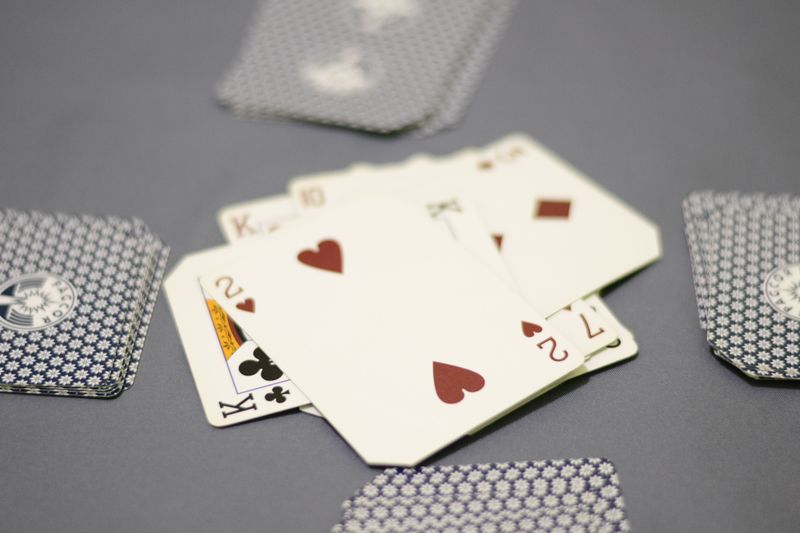
Whist, a precursor to Bridge, was a favorite in the 18th and 19th centuries. Families often gathered around the table after dinner to engage in this strategic trick-taking game.
The game requires four players and uses a standard deck of cards. Each player strives to win as many tricks as possible. Whist not only entertained but also honed players’ strategic thinking and partnership skills.
Though its popularity waned with time, Whist remains a beloved game among card enthusiasts who appreciate its historical significance and intellectual challenge.
Bezique
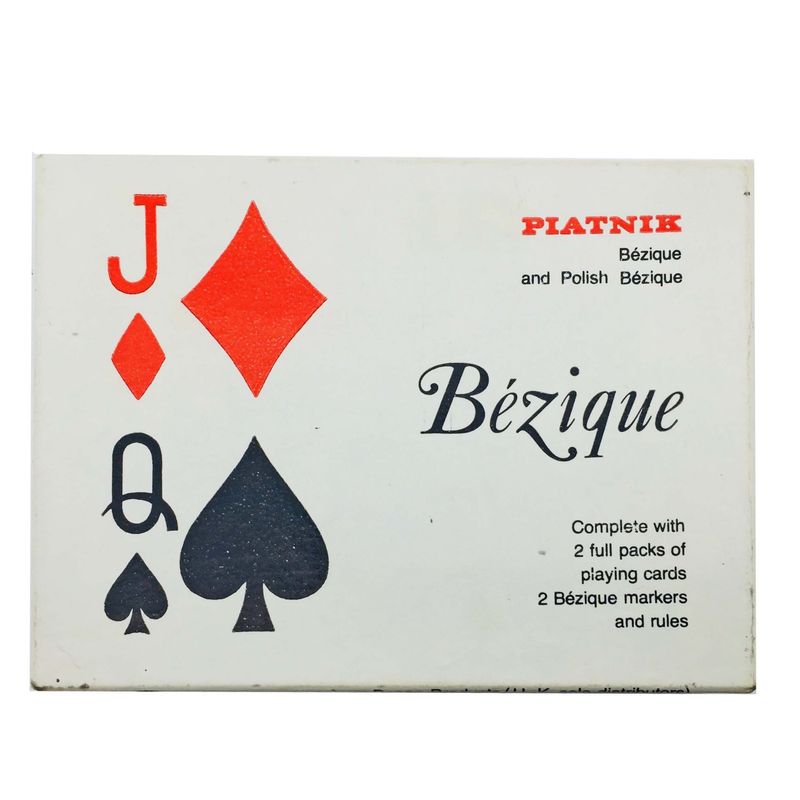
Bezique, a game that gained fame in the 19th century, was once a favorite of Winston Churchill. This trick-taking game, played with two decks, requires two players.
Bezique is known for its unique scoring system and the need for strategic play. Melds of specific card combinations earn points, making it a game of both chance and skill.
The charm of Bezique lies in its complexity and the excitement of forming high-scoring melds. Its rich history and engaging gameplay continue to captivate those who discover it anew.
Piquet
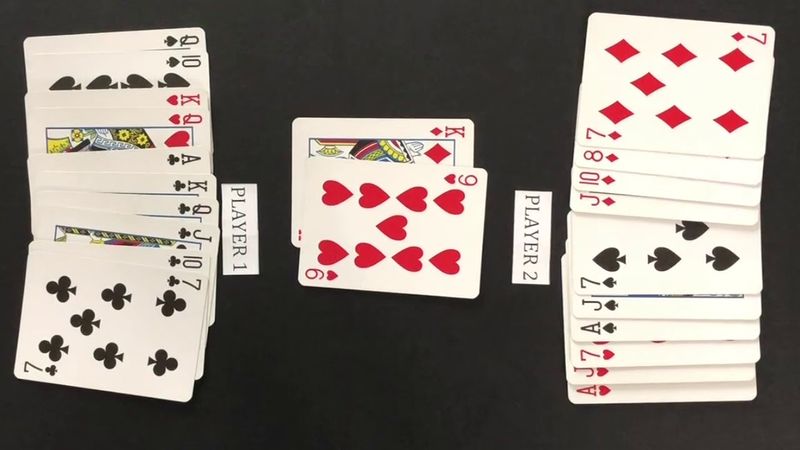
Piquet, one of the oldest card games, dates back to the 16th century. It was particularly popular in France and England, requiring strategy and foresight.
This two-player game involves trick-taking and point-scoring phases, where players aim to outscore their opponent through clever card exchanges and plays. Piquet challenges its players with its demands for both strategic planning and adaptability.
While it faded into obscurity with the rise of more modern games, Piquet remains a testament to the enduring appeal of classical card strategy.
Coon Can
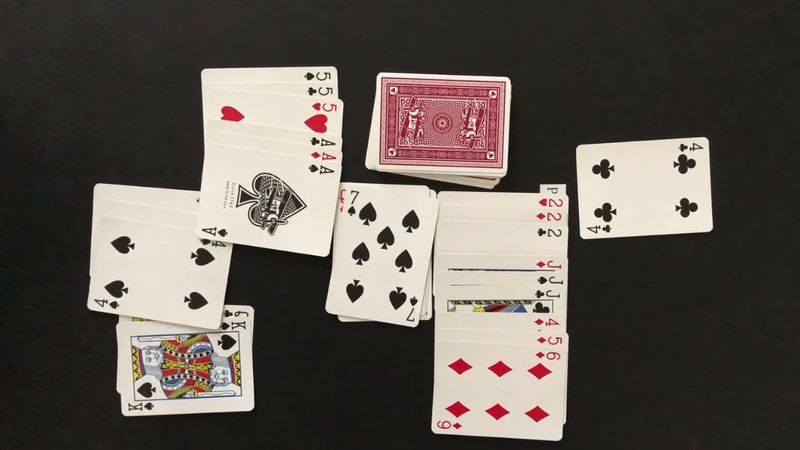
Coon Can, also known as Conquian, is an ancestor of Rummy games, originating from Mexico. Played with two or more players, it emphasizes patterns and sequences.
The objective is to be the first to meld cards into valid combinations. Coon Can offers a delightful blend of strategy and chance, making it a favorite among social gatherings.
Its easy-to-learn rules and engaging play have kept it alive in certain regions, though it’s often overshadowed by its more famous descendants like Gin Rummy.
Casino
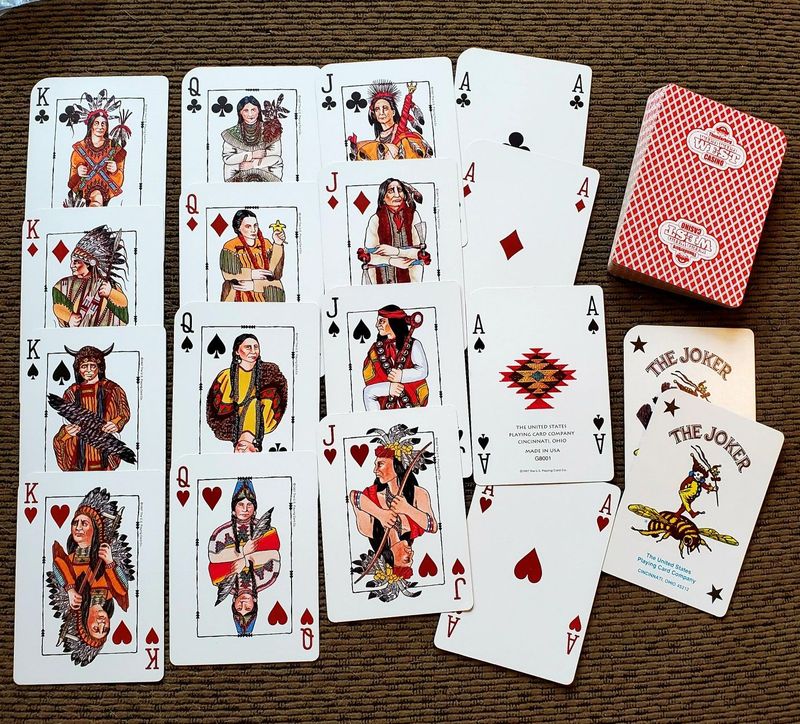
Casino, a game of capture, was immensely popular in 18th-century America. It involves two to four players and a standard deck of cards.
Players capture cards from a central layout by matching or combining values, aiming to accumulate points. The game is fast-paced and requires quick thinking and arithmetic skills.
Despite its decline in mainstream popularity, Casino’s straightforward rules and engaging mechanics continue to appeal to those seeking a quick yet mentally stimulating card game.
Ranter-Go-Round

Ranter-Go-Round, reminiscent of the modern game of War, was particularly favored by children in Victorian times. This game is simple yet filled with excitement.
Players take turns trying to win all the cards by playing higher cards than their opponents. The simplicity of its rules allowed even the youngest family members to participate.
Though it has been largely replaced by other children’s card games, Ranter-Go-Round is remembered fondly, evoking nostalgic memories of childhood play and merriment.
Cribbage
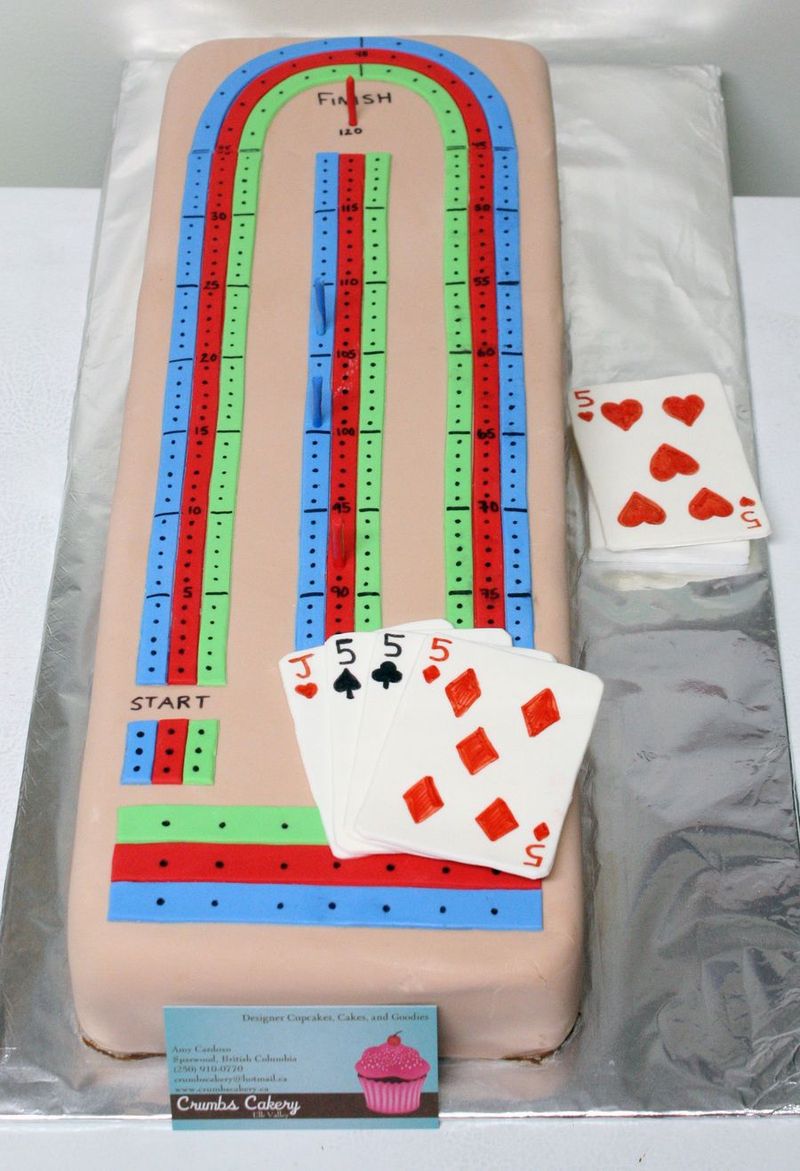
Cribbage, a game surviving the test of time, was invented in the 17th century. Known for its distinctive scoring board, it involves two players.
The game combines card play with pegs, requiring players to score points by forming various combinations. Cribbage is celebrated for its unique gameplay and strategic depth.
While it remains popular among certain groups today, it was once a staple in homes, providing intellectual stimulation and competition for generations.
Napoleon
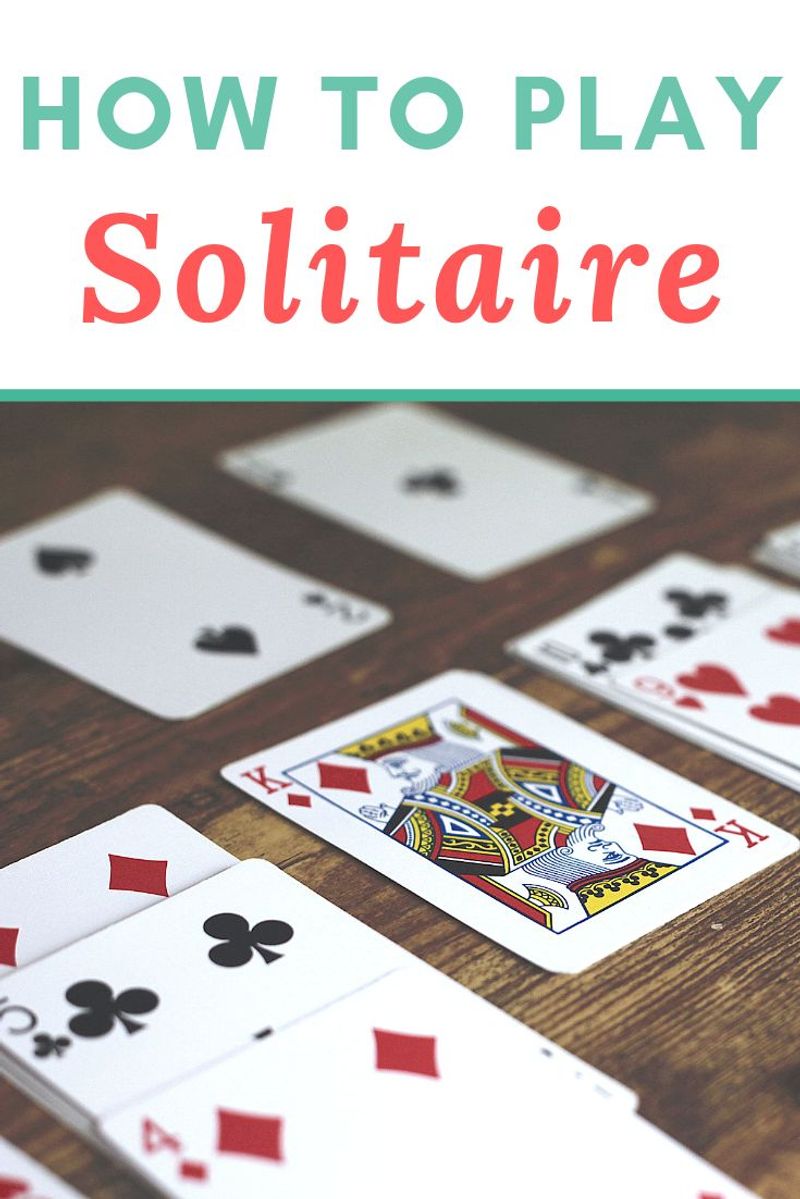
Napoleon, named after the famed French general, is a bidding and trick-taking game that gained popularity in the 19th century. Suitable for three to six players, it involves strategic bidding.
Players declare how many tricks they will win, with the challenge of meeting their declared number. The game’s namesake hints at its origins and strategic depth.
Although less common today, Napoleon’s combination of bidding tactics and trick-taking continues to intrigue those who enjoy historical card games.
